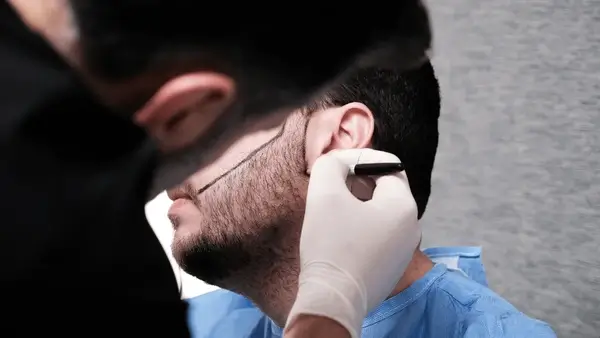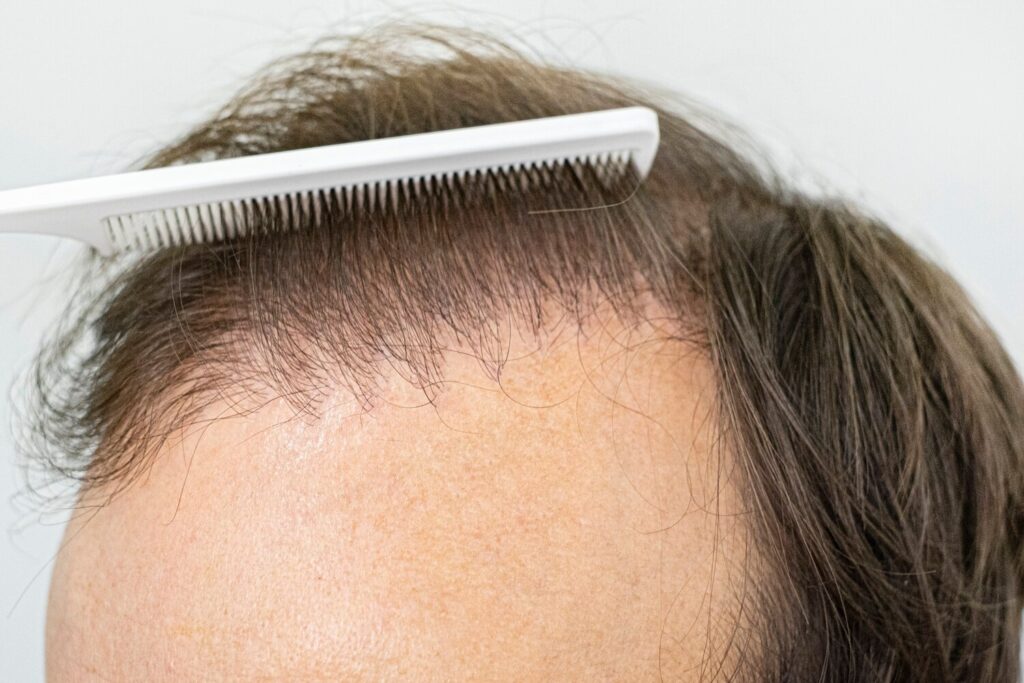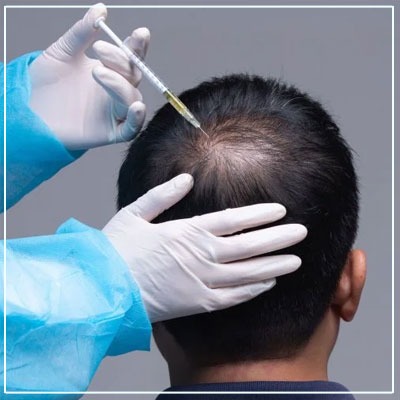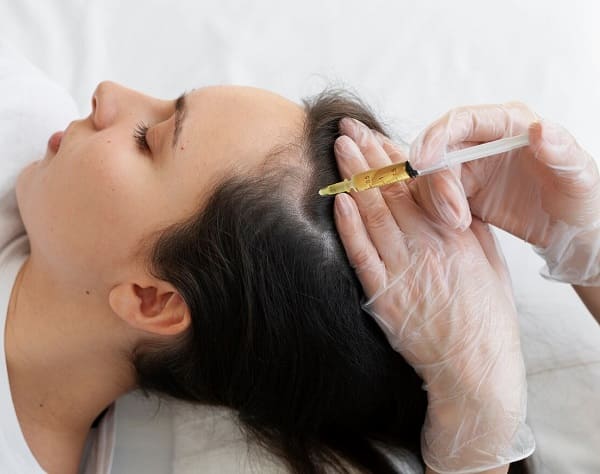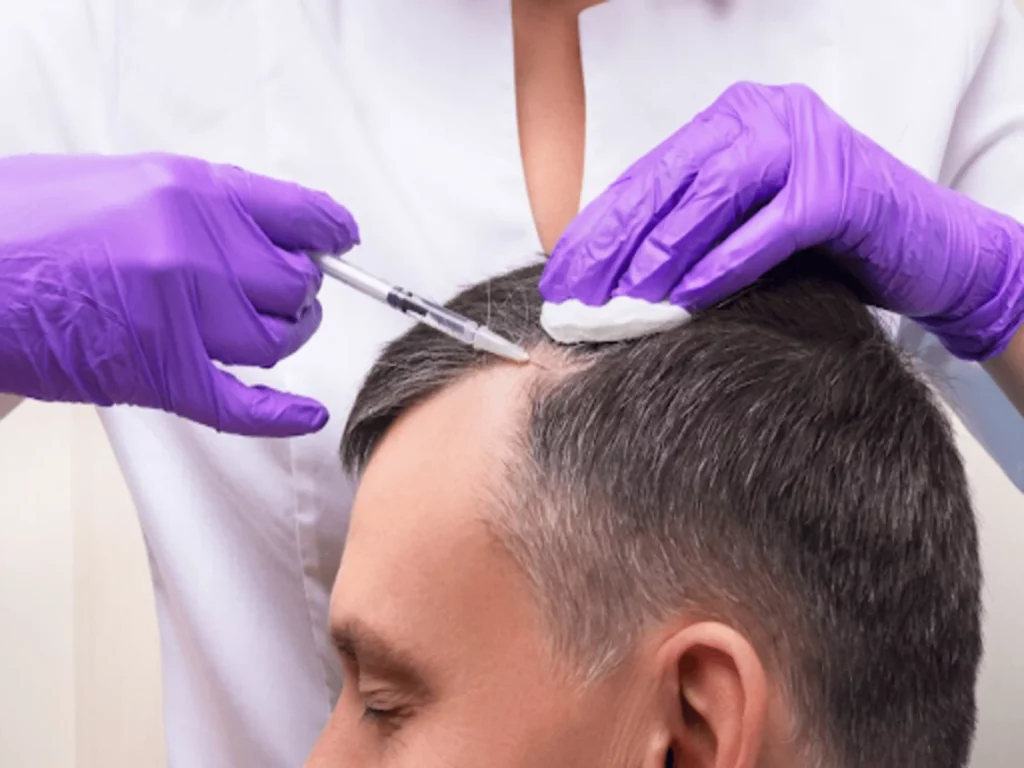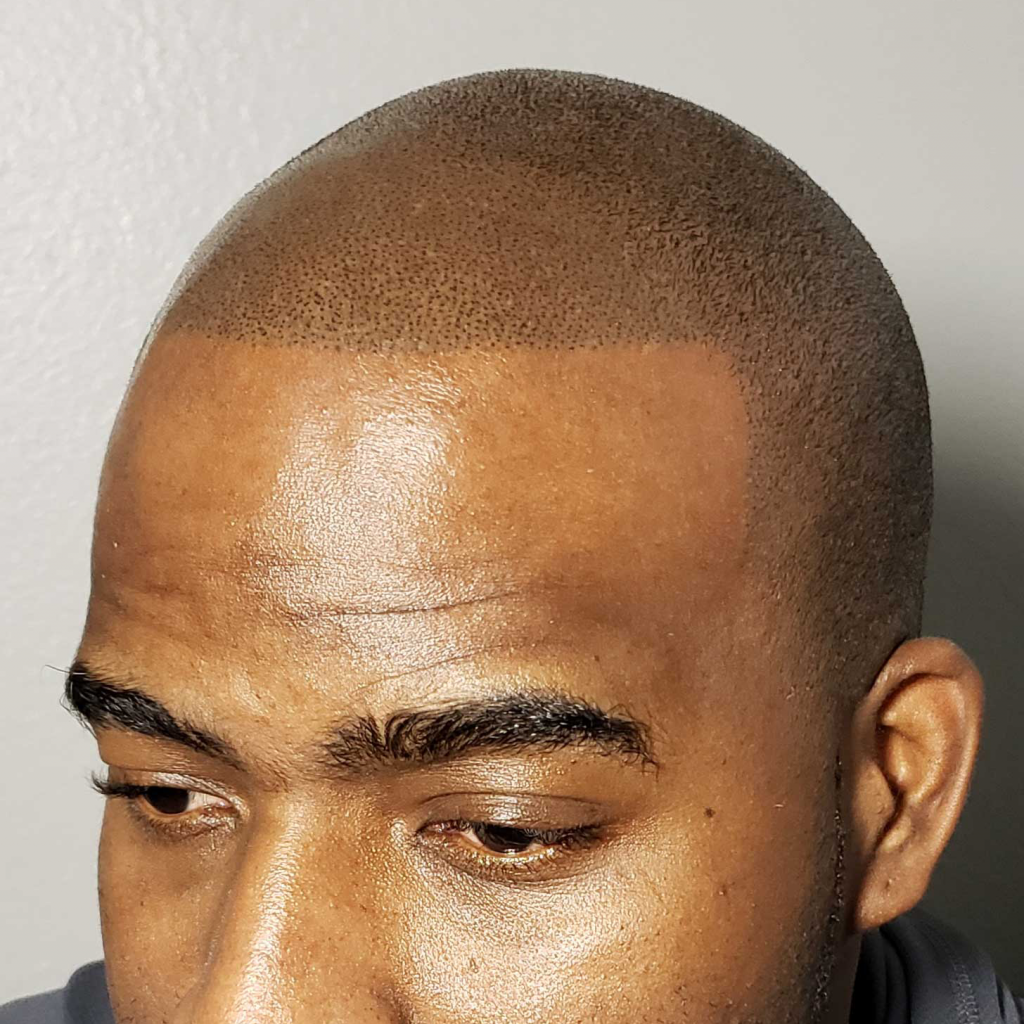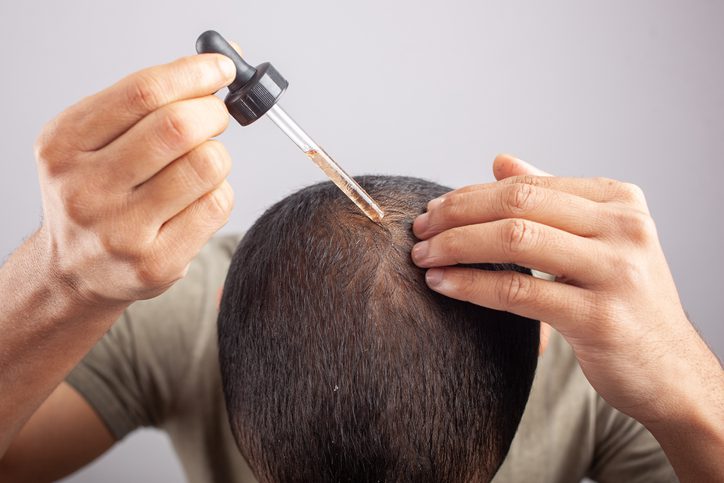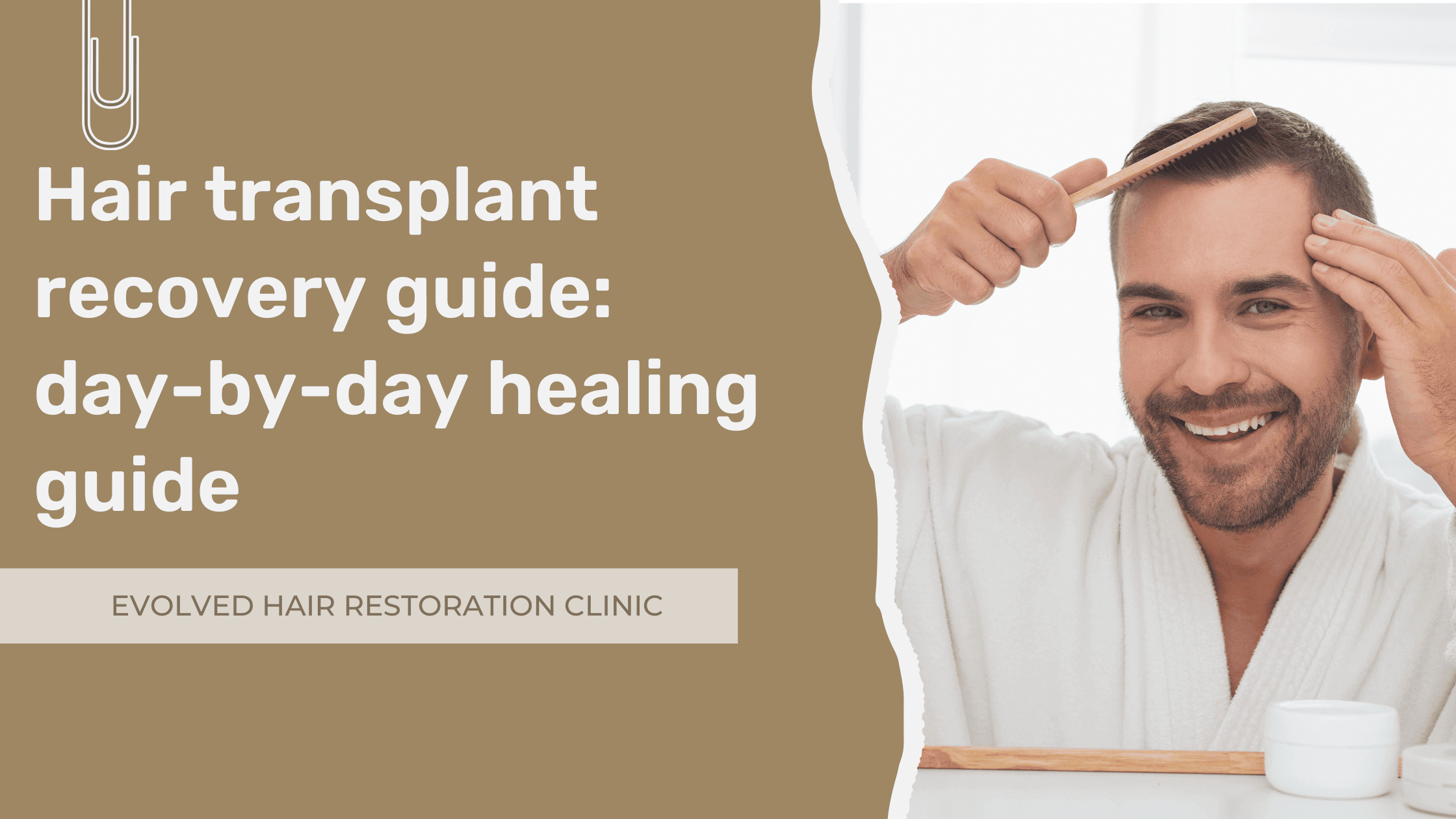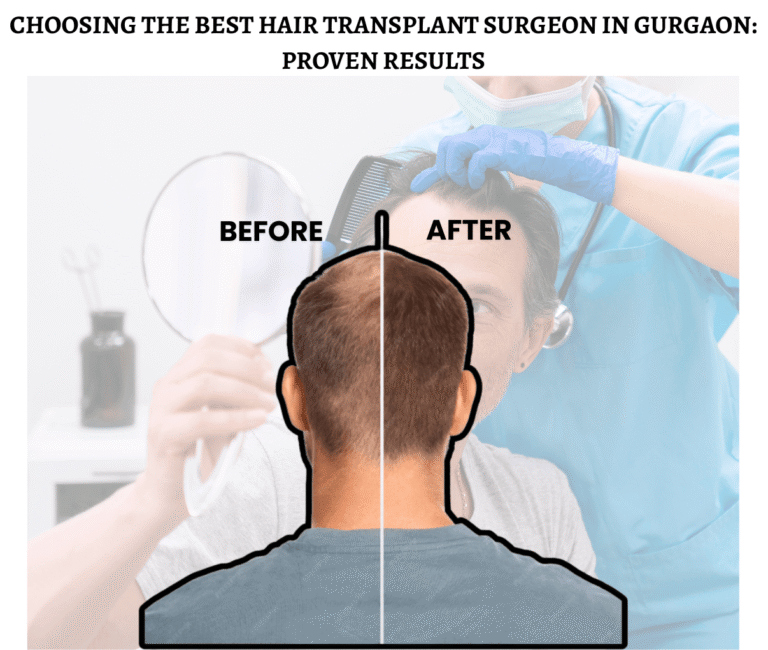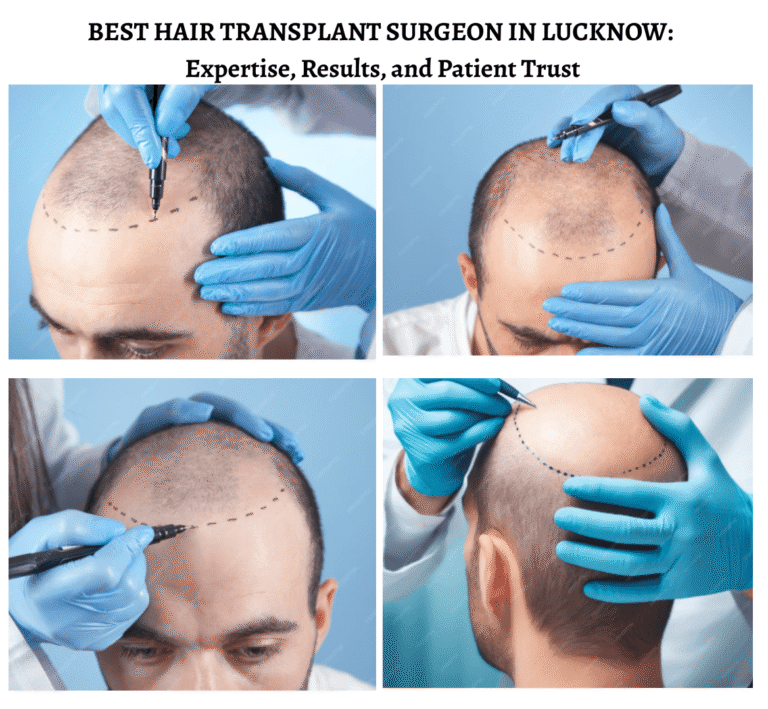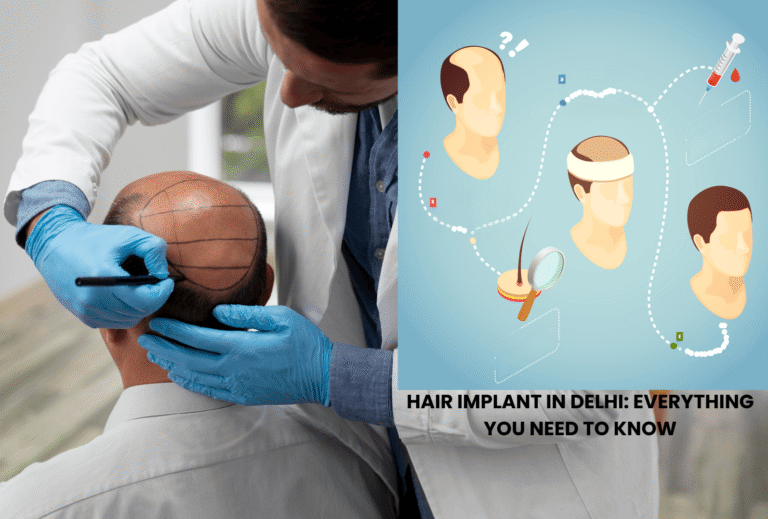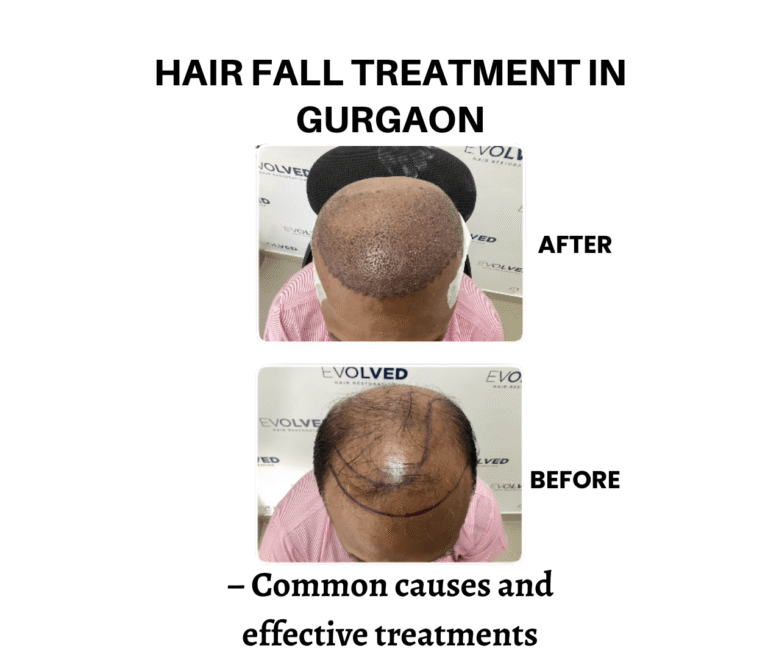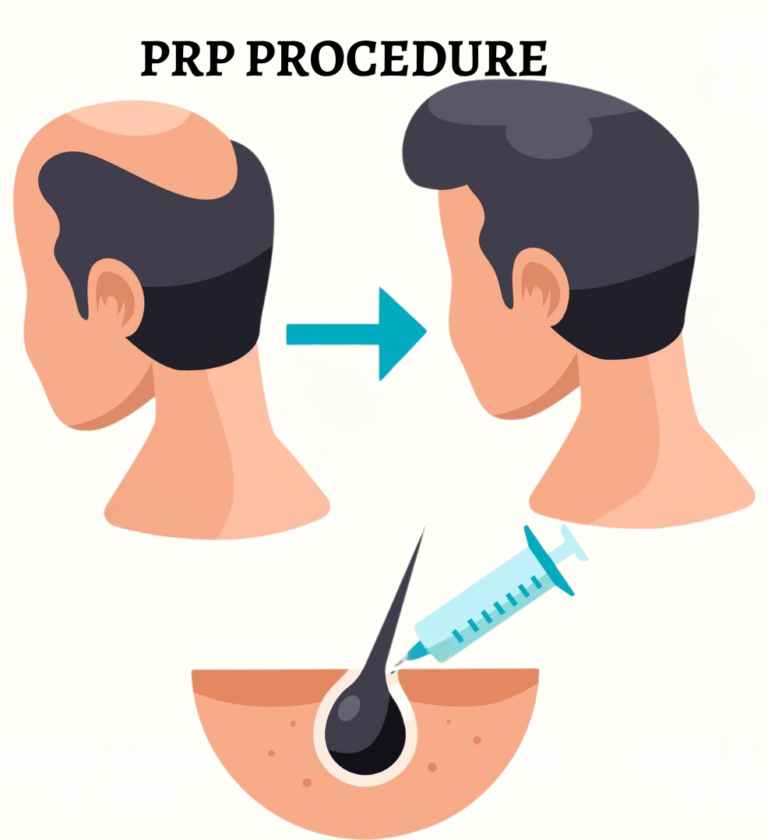Hair Transplant and Mental Health
Hair loss affects millions of people worldwide, and its impact frequently goes beyond physical appearance. The psychological risk of losing hair — especially at a youthful age — can lead to anxiety, social withdrawal, low self-esteem, and even depression. Thankfully, advancements in cosmetic dermatology now offer a range of solutions, with hair transplant procedures becoming increasingly popular and accessible. But what’s the connection between hair transplant and mental health?
This in-depth guide explores the connection between hair transplant and mental health, and how restoring your hairline can also help restore your emotional well-being. We’ll take a closer look at the psychological effects of hair loss, the mental health benefits of undergoing a hair transplant, and why this medical procedure can be life-changing in more ways than one.
Psychological Effects of Hair Loss
Understanding the Emotional Impact of Hair Loss: Hair plays a pivotal role in self-identity. It frames the face, enhances personal style, and contributes to how we perceive ourselves and how others perceive us. Losing it can feel like losing a part of oneself. This is especially true for individuals who experience early-onset baldness, alopecia areata, or thinning hair due to stress, genetics, or medical conditions.
The most common psychological effects of hair loss include:
- Reduced Self-Esteem: Individuals often feel less attractive or confident.
- Social Anxiety: Many become hyper-aware of their appearance in public.
- Avoidance Behavior: People may avoid social events, photographs, or even romantic relationships.
- Depression and Hopelessness: Prolonged emotional distress due to appearance can contribute to mood disorders.
These psychological challenges highlight the importance of recognizing hair loss not just as a cosmetic issue but also as a mental health concern.
Impact of Hair Transplant on Confidence
A hair transplant isn’t just about aesthetics — it can be an act of self-care. By restoring a person’s natural hairline and improving hair density, the procedure often alleviates emotional distress.
Here’s how hair transplants and mental health are connected:
- Restored Self-Image: Patients report feeling younger and more in control of their appearance.
- Improved Social Confidence: People become more willing to engage in conversations and public life.
- Enhanced Professional Opportunities: Confidence often leads to better performance at work.
- Emotional Healing: Regaining hair can serve as a turning point, helping people recover from past trauma or teasing related to baldness.
These benefits reflect a positive shift in how individuals view themselves, often leading to healthier relationships and improved quality of life.
The Recovery Phase: A Psychological Perspective
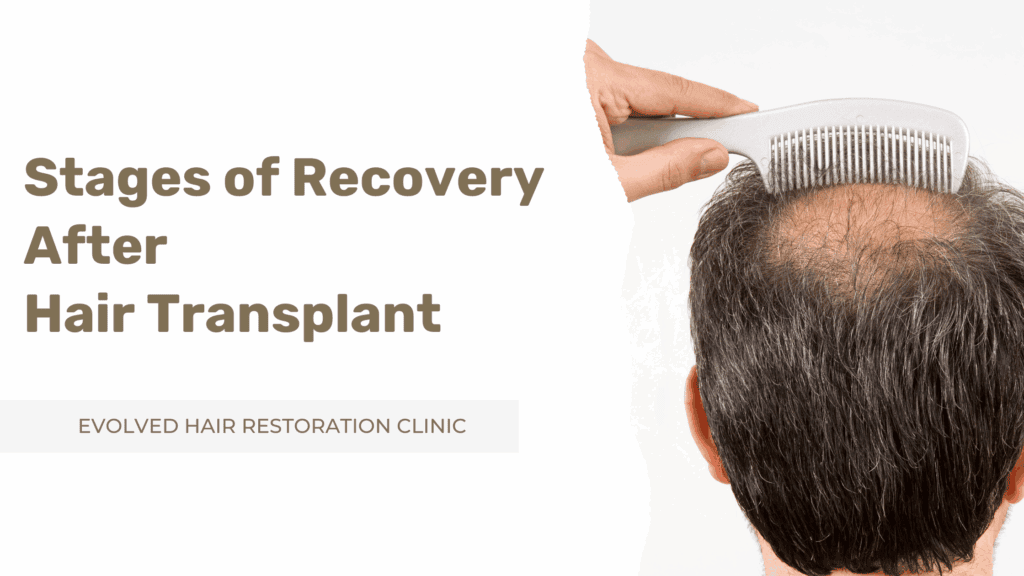
The journey doesn’t end once the surgery is over. The hair transplant recovery period is crucial not just physically but mentally. The healing process from hair transplant and mental health is emotional as patients wait several months to see visible results.
- Anxiety Over Results: Worrying if the transplant will be successful or natural-looking.
- Frustration & Impatience: Especially during the dormant hair growth phase (first 2–3 months).
- Relief and Joy: A sense of satisfaction when new hair begins to grow.
- Renewed Self-Worth: The final results often bring a major confidence boost.
Choosing the right clinic also helps ease psychological concerns. If you’re seeking a safe and effective solution, certified hair implant providers in Delhi can offer both expert care and mental reassurance.
Hair Transplants vs. Cosmetic Fixes
Unlike temporary solutions like wigs or hair fibers, a hair transplant offers a permanent solution. This stability contributes significantly to mental well-being. Constantly hiding hair loss can be exhausting and mentally draining. A permanent fix reduces the emotional labor tied to daily grooming, hiding spots, and social anxiety.
Moreover, patients no longer need to obsess over thinning areas, receding hairlines, or comb-over strategies. This mental clarity frees up emotional energy for more fulfilling hobbies, work, relationships, and self-expression.
Who Benefits the Most Mentally?
While everyone reacts differently, there are some groups of individuals who often experience the most dramatic mental health improvements post-transplant:
- Younger Adults with Early Hair Loss: Helps them reclaim confidence during formative years.
- Professionals in Public-Facing Roles: Especially in industries like entertainment, sales, and media.
- People Recovering from Medical Hair Loss: Such as those with alopecia or undergoing chemotherapy.
- Socially Anxious Individuals: Renewed confidence can greatly reduce isolation.
For many of these patients, hair transplantation is more than a cosmetic enhancement — it’s a psychological transformation.
Real-Life Testimonials and Mental Wellness
Numerous real-life stories highlight the emotional transformation that follows a successful hair transplant. Patients often describe it as getting a second chance. They talk about looking in the mirror and recognizing themselves again. These testimonials reflect more than satisfaction — they echo the deep connection between hair and emotional wellness.
Examples include:
- A young man who avoided dating for years due to baldness, now engaged.
- A professional woman who regained confidence to pursue leadership roles after her transplant.
- A cancer survivor who felt like her old self again post-procedure.
Why the Right Support System Matters
While the benefits are considerable, one should not approach the procedure with unrealistic expectations. Doctor, family, and counselor guidance can smooth out the emotional rollercoaster of recovery.
Tips for patients:
- Talk openly about feelings before and after surgery.
- Understand that results take time and patience.
- Join support groups or online forums to share experiences.
Many clinics — especially top-rated ones in Delhi NCR — offer psychological counseling and follow-up support to ensure patients feel cared for holistically.
Cultural Pressure and Mental Health in India
Where thick hair is often associated with youth, vitality, and social status, hair loss can be especially stigmatizing. Cultural expectations can amplify emotional stress, particularly for young adults entering the marriage market or competitive workplaces.
In such environments, hair restoration isn’t about vanity — it’s about leveling the playing field. For many, especially in cities like Delhi, getting a hair transplant is a necessary step toward regaining confidence in a judgment-heavy society.
The Science Behind Confidence Post-Transplant
It’s not just anecdotal — science supports the mental benefits of cosmetic procedures. Studies in dermatology and psychology show that patients who undergo optional aesthetic improvements report increased happiness, better self-image, and even reduced symptoms of anxiety and depression.
This is attributed to a boost in neurotransmitters like dopamine and serotonin that regulate mood, confidence, and motivation. When individuals feel in control of their appearance, their brains support that confidence biologically.


